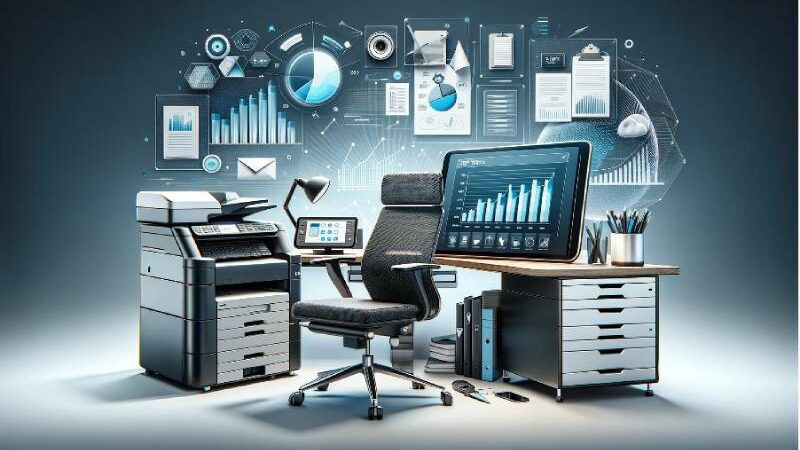Starting or expanding a business often requires purchasing equipment. Making an informed decision is especially important when you consider the capital intensity and lifespan of your equipment. Here are six tips to help you make the right decision when buying equipment for your business.
1. Determine what’s important to you
It’s important to make sure you actually need the equipment you’re buying. This applies to both buying new equipment and upgrading existing equipment. It’s easy to fall in love with newer, bigger gear, but newer and bigger isn’t always what you need. Only buy what you really need for your business, or you might regret it later.
2. Consider outsourcing production
Outsourcing certain processes can be a cost-effective way to keep your operations running while increasing your revenue. Outsourcing can be a great alternative to purchasing expensive equipment. While it’s not a forever solution, outsourcing can be a smart choice as you grow and expand, keeping capital costs down from the start. Of course, you can also purchase these devices later if you’re doing enough business to maximize performance.
3. Focus on long-term value
When you decide to purchase a device, your decision should be based primarily on the value of the device over the long term. Consider not only current capabilities and costs, but also projections of future operational needs and maintenance costs. You want to buy equipment that meets your business needs at the right price. Remember that the right equipment for your business doesn’t necessarily have to be the cheapest model available.
4. Consider buying used equipment
Sometimes, using used equipment you can buy from another company can give you the best value for your money. Used equipment is usually much cheaper than new equipment, but you need to make sure the equipment is in good condition and not outdated.
5. See if there are any potential tax benefits
Investing in business equipment can provide a variety of tax benefits. Depending on where your business is located and the type of equipment you purchase, you may be eligible for certain federal or state tax deductions. At the very least, equipment expenses are usually legitimate business deductions. Before purchasing equipment for your business, consult with your accountant or tax professional to understand potential tax deductions and credits.
6. Review your financing options
You can typically buy, lease, or finance your business equipment outright. Financing your purchase with a small business loan or equipment loan allows you to pay off your equipment over time. Other business equipment financing options might include a business line of credit or a business credit card.
Business equipment is often one of the largest expenses you will face as a business owner, so it’s important to make an informed decision before you buy and ensure that the equipment will help you achieve your business goals.
- March Madness 2025: Printable Bracket, Game Schedule & How to Watch - March 13, 2025
- March Madness Miracles: Worst Records to Get an NCAA Tournament Bid - March 13, 2025
- NCAA DI Wrestling Championships 2025: How to Watch, Brackets & Selection Info - March 13, 2025





